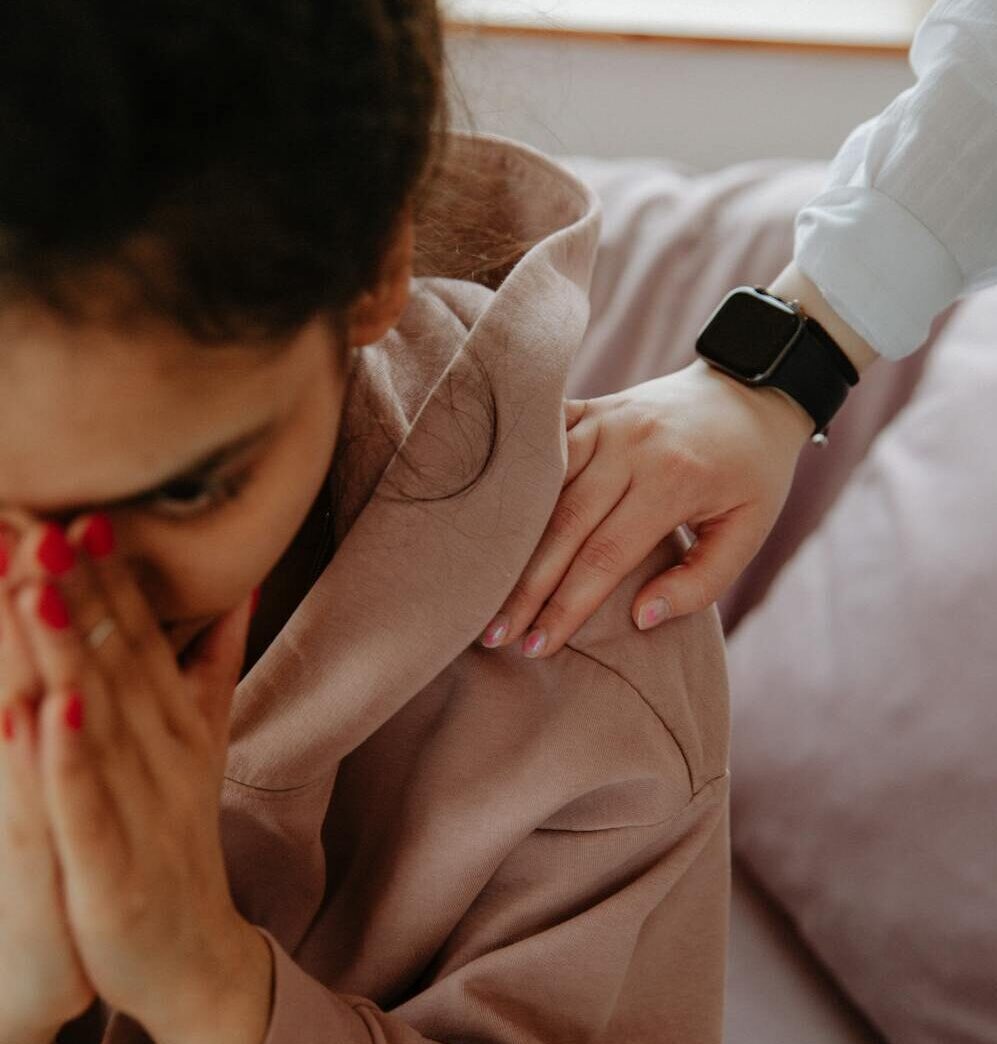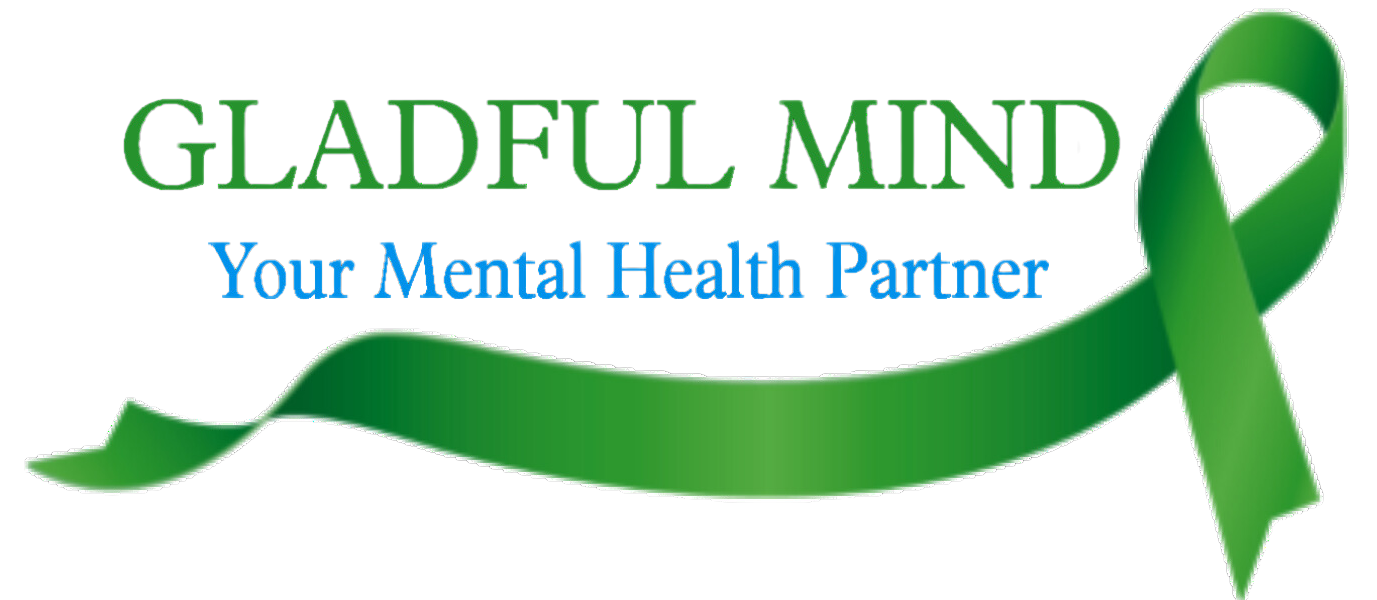O.C.D
Obsessive-compulsive disorder (OCD) is a mental health condition in which you have frequent unwanted thoughts that cause you to perform repetitive behaviors. ocd is comprised of two components – obsessions and compulsions. Obsessions are unwanted thoughts, images, and urges that cause an individual anxiety, disgust, and/or distress. In an effort to alleviate the discomfort, the person will engage in compulsions, which are physical or mental behaviors that may or may not be repetitive, as well as avoidance of triggers, all of which provide short-term relief but ultimately perpetuate the OCD cycle. The level of insight a person has about their disorder ranges, with some recognizing that their obsessionals are illogical and have no direct relationship with their compulsions, while others struggle to detangle the two. This is more likely to occur the longer someone has suffered without treatment. It’s important to understand that OCD is extremely creative and knows no bounds when invading a person’s life that a person’s individual themes are often directly linked with what they value most in life, which is why the obsessions are especially distressing to them. Although compulsions are in response to the distress caused by obsessions, there is not always direct logic connecting the two. In some cases, the compulsions “make sense,” such as excessive washing in response to contamination obsessions; however, others have no clear relationship, such as tapping a table four times to keep a loved one safe.
Among the most common compulsions are avoidance, checking/reviewing, reassurance-seeking, decontaminating, repeating, rewriting, confessing, trying to “figure it out,” thinking/saying a safe word/phrase, and ordering/arranging. Individuals with OCD do not want to be doing compulsions, but their fears and anxiety about the consequences of not performing them are so great that the temporary relief offered feels worthy of the problems the compulsions cause. The main symptoms of OCD are obsessions and compulsions that interfere with normal activities. And Excessive fear , Excessive doubt , Excessive negativity , Excessive guilt , Excessive precautions , Excessive consciousness , Excessive secretive , Excessive seriousness , Excessive self-cleaning , Illogical thinking , Perfectionist , Highly religious , Super specious and believe in luck symptoms may often prevent you from getting to work on time. Or you may have trouble getting ready for bed in a reasonable amount of time. You may know that these symptoms are problematic, but you can’t stop them. Symptoms of OCD may come and go, ease over time or worsen over time. If you or your child have symptoms of OCD that interfere with your/their daily life, you should call Gladful Mind Centre and help without any delay. The sooner OCD is diagnosed and treated, the better the outlook.
Treatment
When seeking treatment for o.c.d., it’s crucial to ensure that the provider is utilizing evidence-based treatments for o.c.d. When a treatment is evidence-based, it means that science, along with other professionals, have confirmed that the therapy is beneficial for a specific issue. If a treatment is not evidence-based, the therapist is not utilizing best practices and patients are receiving treatment that at best is not helpful and at worst is harmful. Our treatment that is evidence-based for o.c.d. It incorporates acceptance, mindfulness, and behavior - changing strategies in order to heighten psychological flexibility in an effort to be present and engaged in life with the goal of living life in the service of an individual’s life goals and values rather than in the service of symptom reduction and managing anxiety. Our Treatment people become grounded in the present and are able to dismiss the fictional stories that have developed in the imagination, which o.c.d. has coopted, as irrelevant to their current lives. This treatment aids in regaining confidence and self-esteem that o.c.d. has taken away. o.c.d. is a serious mental condition, but it is completely treatable in a evidence-based natural way at Gladful mind center. You can get more information about this by talking to our representative




FAQs
Folks with OCD often fear they are immoral, sinful, dangerous, or evil. Our mental health professionals call these undesirable thoughts "egocentric." OCD-related thoughts are usually the worst thing a person with OCD can imagine. You can get help by calling our given number. You are not alone; we are there to help you in every possible way
Yes, OCD is treatable with evidence-based therapies. The optimal duration and intensity of therapy depends on symptom severity, the presence of additional mental health issues (e.g., depression, substance abuse), and other factors. For many, a few week or months of sessions should provide significant relief and hope. For a proper diagnosis and treatment, contact to gladful mind. You can get information and assistance from our representative by calling the given number of Gladful Mind Centre without any delay. We are there to serve you 24/7.
OCD can affect anyone. The average age of onset is 19 years. About 50% of people with OCD begin to have symptoms in childhood and adolescence. It’s rare for someone to develop OCD after the age of 40.
In OCD, obsessions are unwanted, intrusive thoughts or mental images that cause intense anxiety. People with OCD can’t control these thoughts. Most people with OCD realize that these thoughts are illogical or irrational. For examples:
Fear of coming into contact with perceived contaminated substances, such as germs or dirt.
Fear of causing harm to yourself or someone else because you’re not careful enough or you’re going to act on a violent impulse.
Unwanted thoughts or mental images related to sex.
Fear of making a mistake.
Excessive concern with morality (“right or wrong”).
Feelings of doubt or disgust.
Excessive concern with your sexual orientation or gender identity.
Need for order, neatness, symmetry or perfection.
Need for constant reassurance.
In OCD, compulsions are repetitive actions that you feel like you have to do to ease or get rid of the obsessions.
People with OCD don’t want to perform these compulsive behaviors and don’t get pleasure from them. But they feel like they have to perform them or their anxiety will get worse. Compulsions only help temporarily, though. The obsessions soon come back, triggering a return to the compulsions.
Compulsions are time-consuming and get in the way of important activities that you value. They don’t have to match the content of your obsessions. For Examples:
Arranging things in a very specific way, such as items on your dresser.
Collecting or hoarding items that have no personal or financial value.
Repeatedly checking things, such as locks, switches and doors.
Constantly checking that you haven’t caused someone harm.
Constantly seeking reassurance.
Rituals related to numbers, such as counting, doing a task a specific amount of times, or excessively preferring or avoiding certain numbers.
Saying certain words or prayers while doing unrelated tasks.
Compulsions can also include avoiding situations that trigger obsessions. One example is refusing to shake hands or touch objects that other people touch a lot, like doorknobs
common Facts about OCD patient
It start from the Fear (if it increases) creates the Doubt (if it increases) creates
Negativity and Excessive thinking.
They have illogical thinking
Family distances -Limited social life
Limited Friends
Take everything seriously and secretly
Frustration, augmented and perfectionist
Granted failure in marriage life
Take stress in job and have below average productivity -Job dissatisfaction
Collect unwanted raw material like ( empty bottles)
Checking, thinking and counting things over and over again
Very Conscious about body cleanliness (take multiple times shower)
Very religious with high moral and fear of losing things
Few Rumours
People believe it’s a neurological disorder (which is not right)
It’s a psychological and emotional deep rooted disordered
You can't stop OCD without professional treatment and guidance. early diagnosis and treatment can help reduce its symptoms and its effects on your life to a great extent.
Clients reviews
Thank you for choosing Gladful Mind mental health center. Let's take the first step towards a happier, healthier mind together!

